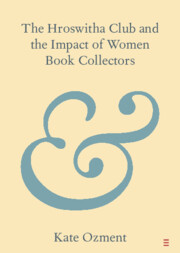This article introduces a thematic issue consisting of five articles, which analyze the complex interrelations between gender norms and representations and the construction of nationalism in the post-Soviet republics of Central Asia. Drawing from gender and feminist studies, the first section explores how Central Asian nationalisms have promoted hierarchized gender roles to reinforce their legitimacy, noticeably invoking the authority of “tradition.” The second section examines not only how the Soviet period continues to shape contemporary nation-building processes in the region, but also how the latter has been creating new historical references to emancipate them from the Soviet legacy - and from the Soviet policy toward women in particular. The third section examines how gender norms promoted by Central Asian states may affect women in their everyday life and how they may negotiate, refuse, or promote these norms. In the final section, we show how “gender equality” has become a watchword of international organizations’ agendas and we analyze the production and implementation of this international agenda setting in a specific national context.
